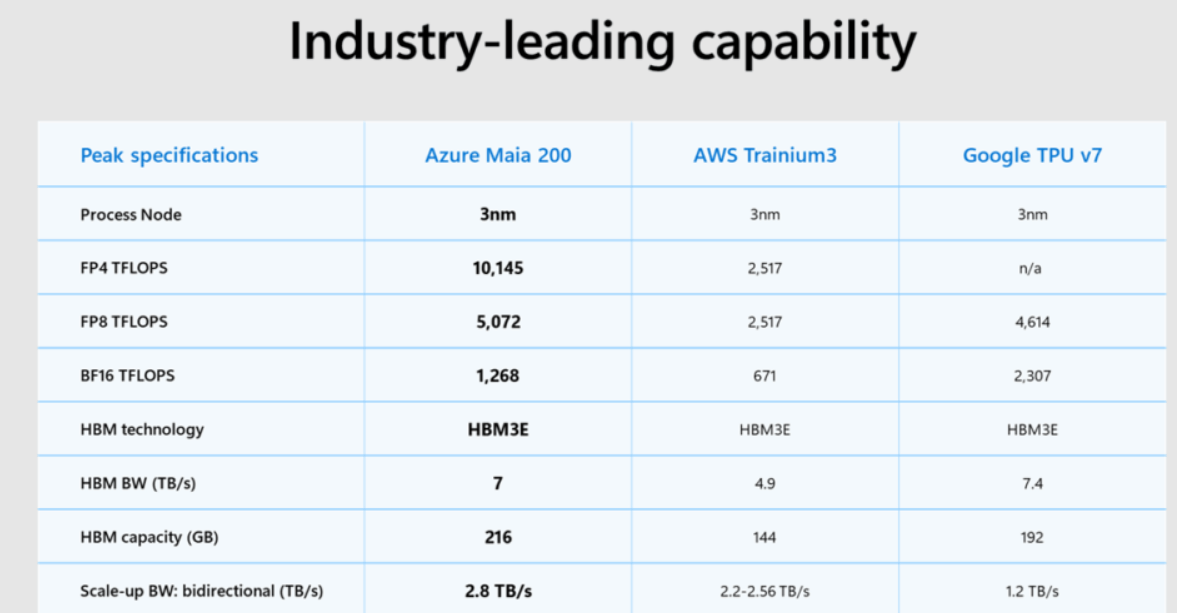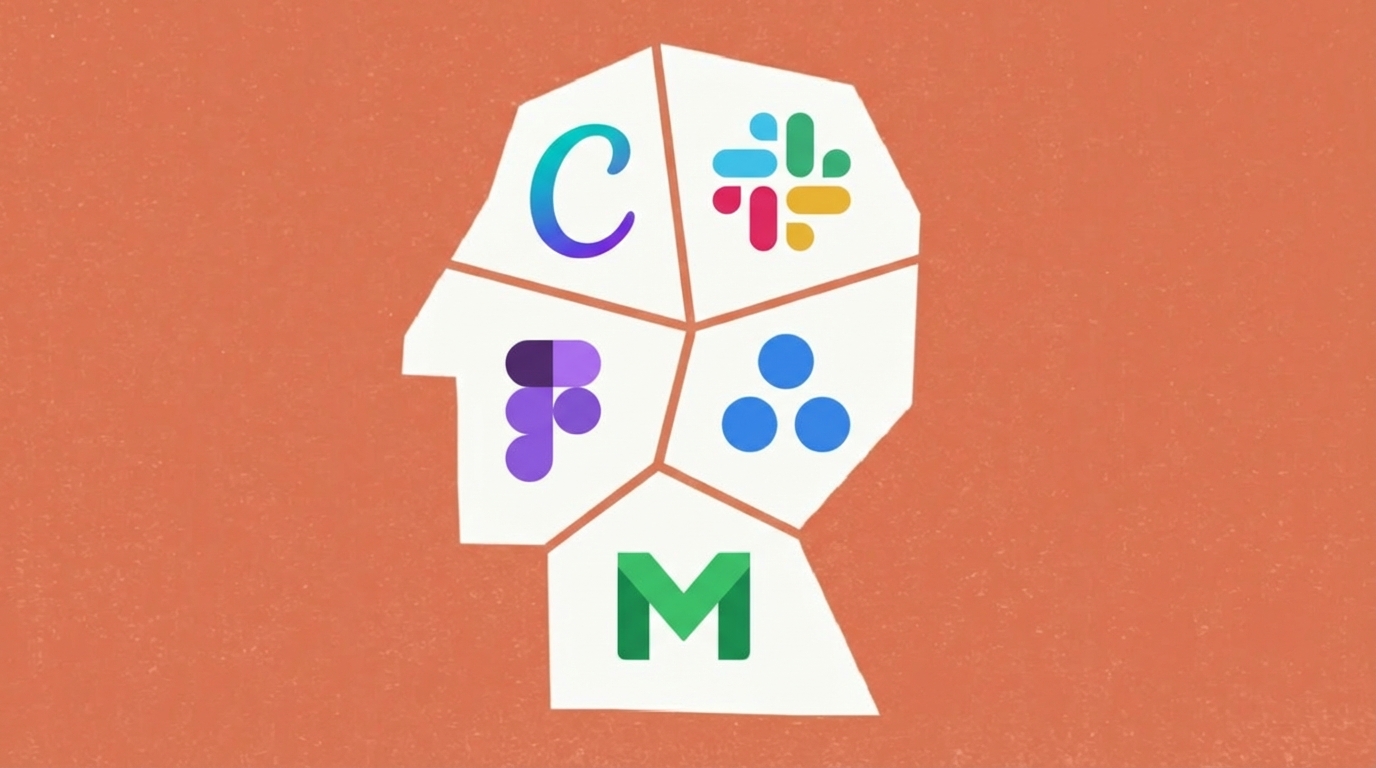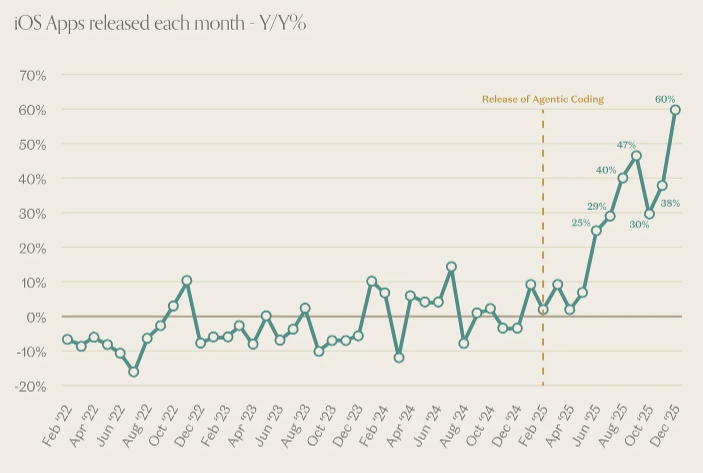OpenAI is charging around $60 per 1,000 impressions for its initial ChatGPT ads, far above typical online advertising rates in the low single digits and closer to what advertisers pay for premium TV spots like NFL games, according to The Information. The ads show up below ChatGPT responses in the free and lower-cost "Go" tiers.
OpenAI is also reportedly charging per impression rather than per click. Advertisers typically prefer click-based billing because it's easier to measure results. The decision to go with impressions likely reflects how AI chatbot users behave differently than traditional search users: they click on external links far less often. Perplexity uses the same approach, also charging per 1,000 impressions.
The move toward advertising—at premium prices and in a format that's less appealing to advertisers—suggests OpenAI needs to ramp up revenue quickly to justify its high valuation to investors. Sam Altman previously called ChatGPT advertising a last resort and a potential dystopia.






